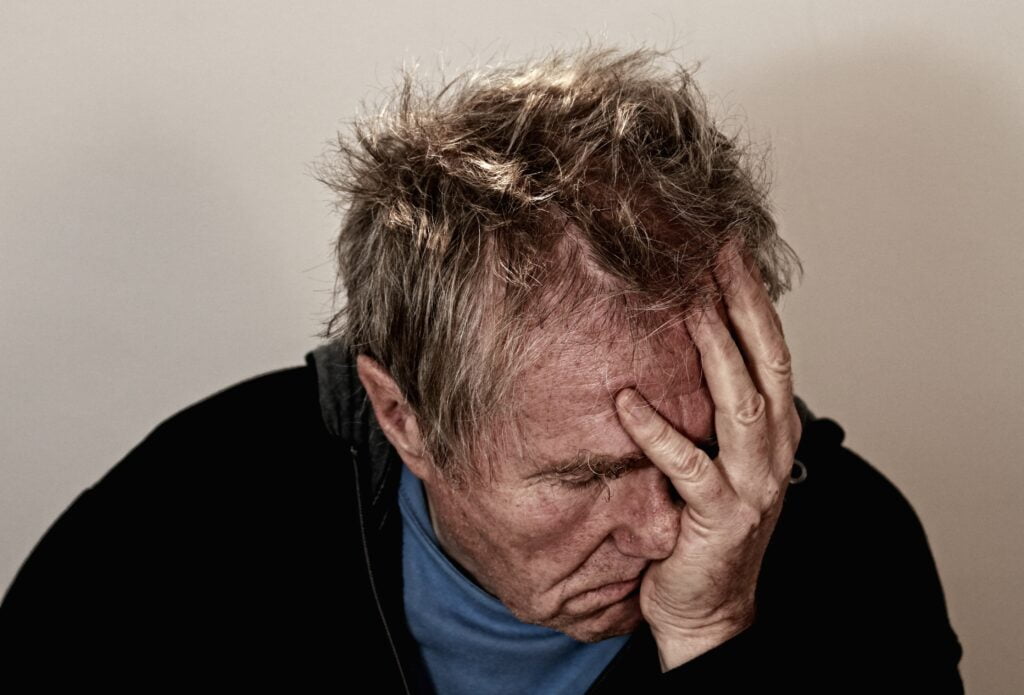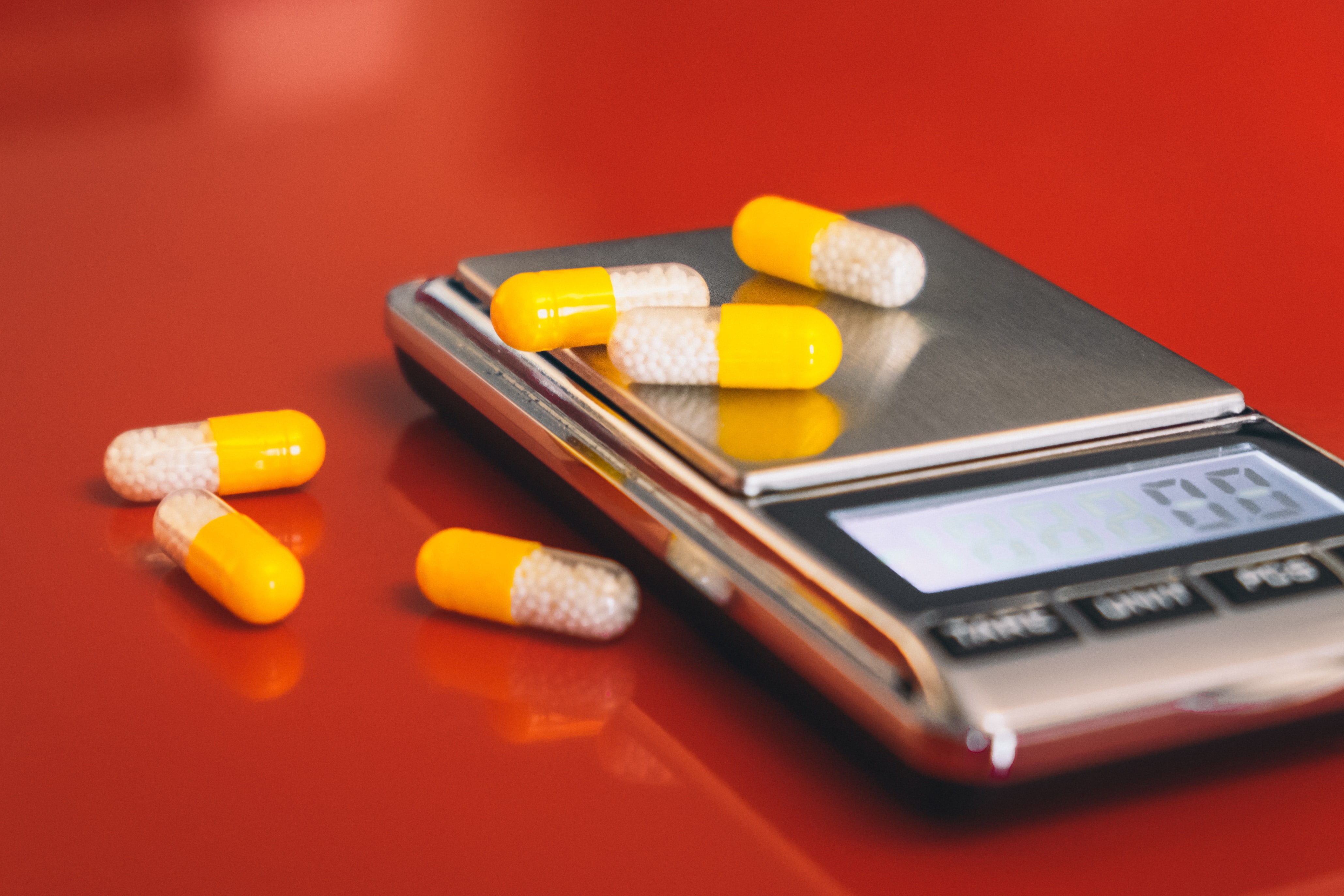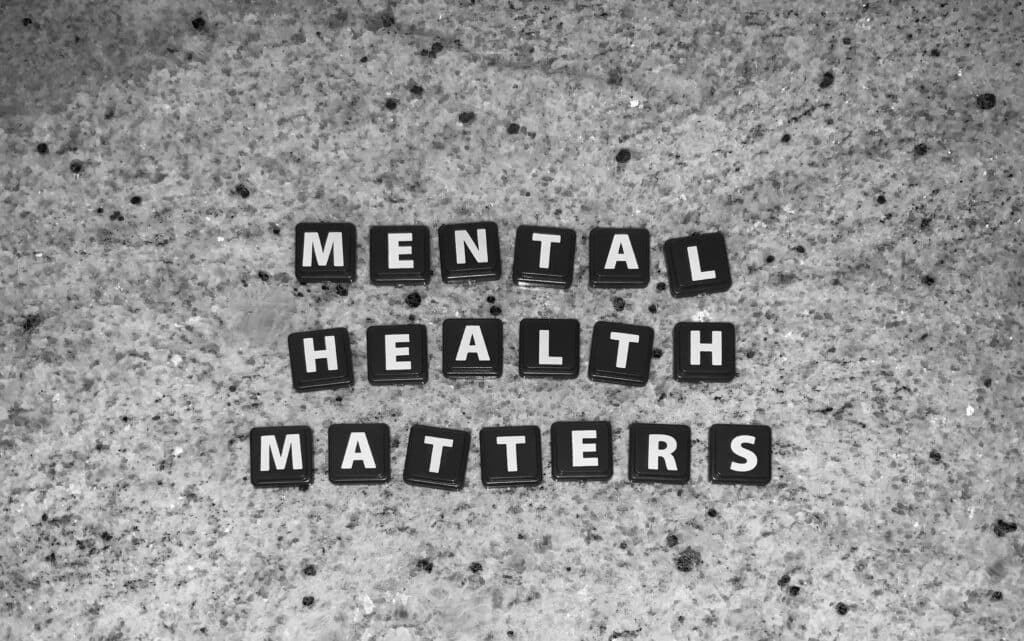Disclaimer: All the information presented here is for educational purposes only. You always have to consult your doctor if you are experiencing any medical condition.
This is really a painful (most of the time) subject! Hemorrhoids are a significant inconvenience that many people from different age groups might experience. It is an issue that many of us could feel a little uneasy about when talking about it or trying to diagnose it.
However, before delving into the main question, we should have some background about the subject.
- What are hemorrhoids?
- What do hemorrhoids look like? What are the symptoms of hemorrhoids?
- What are the types of hemorrhoids?
- Are hemorrhoids painful or itchy?
- What causes hemorrhoids?
- Is there any hemorrhoid home treatment?
- When should you see your doctor for a hemorrhoid case?
- How can we prevent hemorrhoids from happening in the first place?
- How long do hemorrhoids last?
What are hemorrhoids?
Hemorrhoids, also known as piles, are a condition that can affect anyone but are more common in people over the age of 50.
What do hemorrhoids look like? What are the symptoms of hemorrhoids?
Hemorrhoids are caused when blood vessels in the rectum and anus become swollen and inflamed, which is caused by increased pressure on the veins in the lower rectum and anus, often caused by straining to have a bowel movement, pregnancy, or obesity. Some other definitions state that hemorrhoids are dislocated anal pads (cushions).
What are the types of hemorrhoids?
There are two types of hemorrhoids: internal and external. Internal hemorrhoids are located inside the rectum, and external hemorrhoids are located outside the rectum.
Are hemorrhoids painful or itchy?
Hemorrhoids can cause pain, itching, and even bleeding. Normally, internal hemorrhoids cause bleeding without pain. On the other side, external hemorrhoids usually are painful. You can also have a mixture of internal and external hemorrhoids. External hemorrhoids can have thrombosis, clotted blood inside the anal cushion protruding outside the anus.

What causes hemorrhoids?
Several things can cause hemorrhoids, including:
- Straining during bowel movements
- Diarrhea
- Being overweight
- Heavy lifting
- Sitting or standing for long periods of time
- Pregnancy
- During childbirth for women
- Age
Is there any hemorrhoid home treatment?
Many things can help reduce the symptoms of hemorrhoids, including:
- Taking a warm (sitz) bath
- Applying a cold compress
- Taking over-the-counter anti-inflammatory and analgesics medications, including suppositories and creams
- Eating a high-fibre diet
- Drinking plenty of water
When should you see your doctor for a hemorrhoid case?
If you have been experiencing hemorrhoid symptoms for more than seven days, it is important to see your doctor. Your doctor can help determine the cause of your hemorrhoids and may advise you to use medication or other treatments that are available over the counter. Also, he may prescribe a more customized compounded medication that contains a mixture of analgesics, anti-inflammatory, and vasoconstrictors (medicines used to narrow the blood vessels).
Chaparral Pharmacy can help you prepare such compounds based on your doctor’s prescription.
Also, you should see your doctor if:
- You experienced rectal bleeding,
- You suffered a mucus or stool leak between bowel movements,
- The hemorrhoids don’t want to return to the rectum for a long period of time
You may need surgery for severe continuous cases of hemorrhoids that exceed long periods of time.
How can we prevent hemorrhoids from happening in the first place?
We should follow a healthy lifestyle and try to apply the home treatment recommendations even before any hemorrhoids appear, especially for certain aspects. For example, we need to:
- avoid constipation by drinking a sufficient number of water glasses and drinking prune juice every now and then,
- consume a balanced diet that is rich in fibre that can be found in many types of vegetables and fruits such as lettuce, beans, legumes, and oranges,
- Don’t sit on toilettes (or even the normal chairs, couches, etc…) for long periods of time, and
- Don’t strain to produce a bowel movement, either in constipation or diarrhea.
How long do hemorrhoids last?
Normally, when hemorrhoids come, they don’t disappear after that. It comes and goes depending on your body and your lifestyle. In severe cases, patients may need surgery to remove the hemorrhoids. Thankfully, most patients can learn to live with it.
For some people, hemorrhoids could become a sensitive issue due to the nature of the issue. However, it is extremely important to consult a doctor if you have persistent and painful hemorrhoids that refuse to respond to your home treatment and lifestyle changes.
Thanks for reading this blog post. If you like it, please share it using the buttons below with your friends, family, and colleagues.



